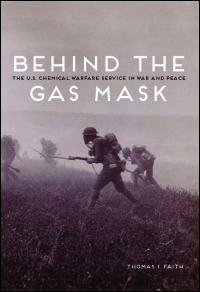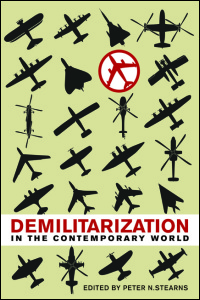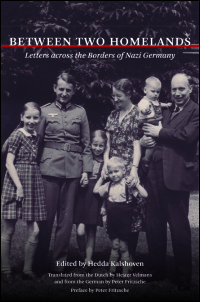For the month of April 2015, to coincide with the Society for Military History’s annual conference, we have lowered the e-book list price of three titles in the University of Illinois Press catalog to $2.99.
 Behind the Gas Mask: The U.S. Chemical Warfare Service in War and Peace by Thomas I. Faith
Behind the Gas Mask: The U.S. Chemical Warfare Service in War and Peace by Thomas I. Faith
When the United States entered World War I, inadequacies in research, manufacturing, and battlefield training left the military at a severe disadvantage in deploying poison gas while American soldiers suffered the highest rate of gas casualties among the belligerent nations. In Behind the Gas Mask, Thomas I. Faith offers an institutional history of the Chemical Warfare Service, the department tasked with improving the Army’s ability to use and defend against chemical weapons. Taking the CWS’s story from the trenches to peacetime, he explores how the CWS’s work on chemical warfare continued through the 1920s despite deep opposition to the weapons in both military and civilian circles. Buy the Kindle version here. Buy the Kobo version here. Buy the Google Play version here. Buy the Nook version here.
 Demilitarization in the Contemporary World Edited by Peter N. Stearns
Demilitarization in the Contemporary World Edited by Peter N. Stearns
Contemporary world history has highlighted militarization in many ways, from the global Cold War and numerous regional conflicts to the general assumption that nationhood implies a significant and growing military. Yet the twentieth century also offers notable examples of large-scale demilitarization, both imposed and voluntary. Demilitarization in the Contemporary World fills a key gap in current historical understanding by examining demilitarization programs in Germany, Japan, Honduras, Guatemala, El Salvador, and Costa Rica. In nine insightful chapters, this volume’s contributors outline each nation’s demilitarization choices and how they were made. Buy the Kindle version here. Buy the Kobo version here. Buy the Google Play version here. Buy the Nook version here.
 Between Two Homelands: Letters across the Borders of Nazi Germany Edited by Hedda Kalshoven
Between Two Homelands: Letters across the Borders of Nazi Germany Edited by Hedda Kalshoven
In 1920, at the age of thirteen, Irmgard Gebensleben first traveled from Germany to the Netherlands on a “war-children transport.” She would later marry a Dutch man and live and raise her family there while keeping close to her German family and friends through the frequent exchange of letters. Yet during this period geography was not all that separated them. Increasing divergence in political opinions and eventual war between their countries meant their correspondence contained not only family news but personal perspectives on the individual, local, and national choices that would result in the most destructive war in history. This important collection, first assembled by Irmgard Gebensleben’s daughter Hedda Kalshoven, gives voice to ordinary Germans in the Weimar Republic and the Third Reich and in the occupied Netherlands. The correspondence between Irmgard, her friends, and four generations of her family delve into their most intimate and candid thoughts and feelings about the rise of National Socialism. The responses to the German invasion and occupation of the Netherlands expose the deeply divided loyalties of the family and reveal their attempts to bridge them. Buy the Kindle version here. Buy the Kobo version here. Buy the Google Play version here. Buy the Nook version here.
Vendor participation and pricing may vary.
